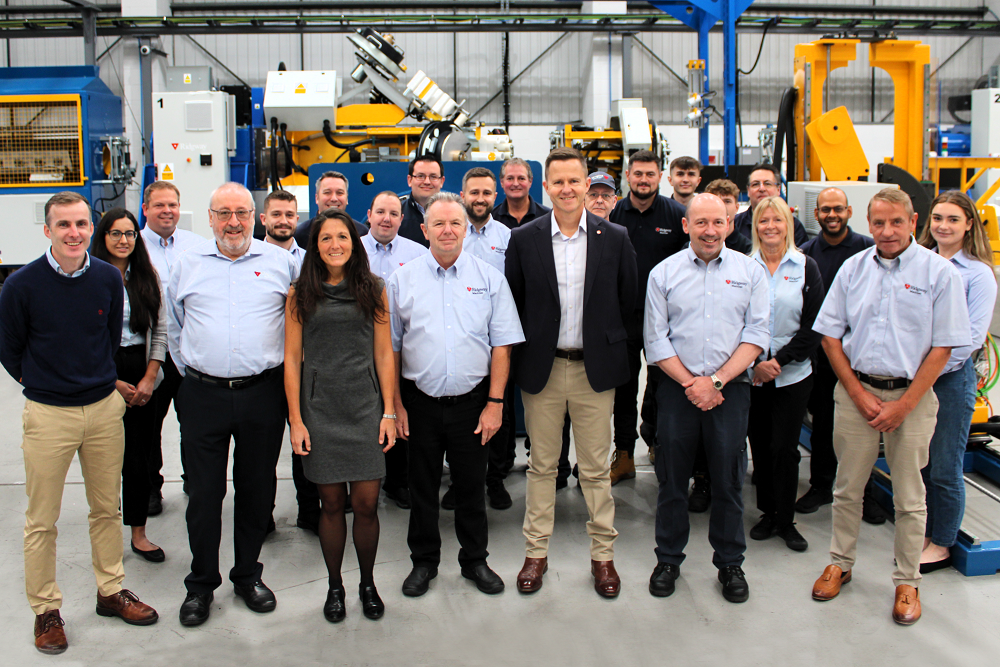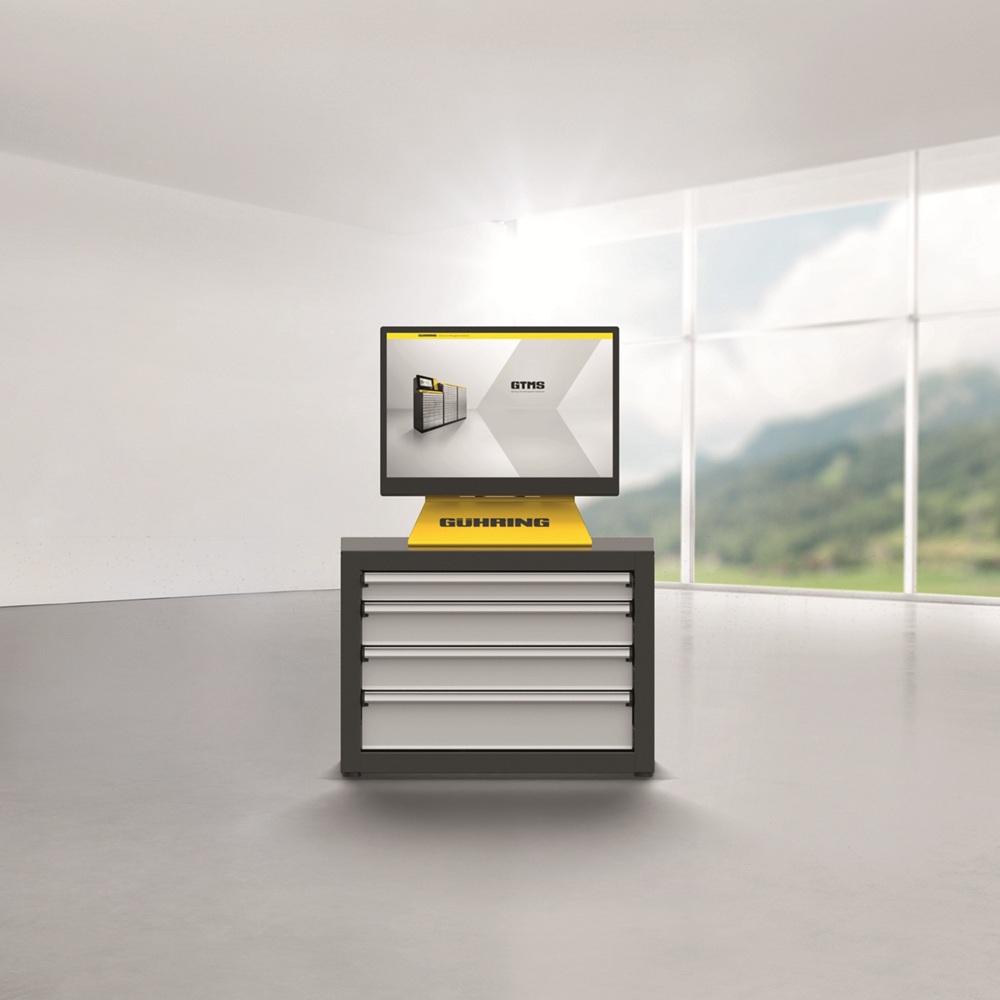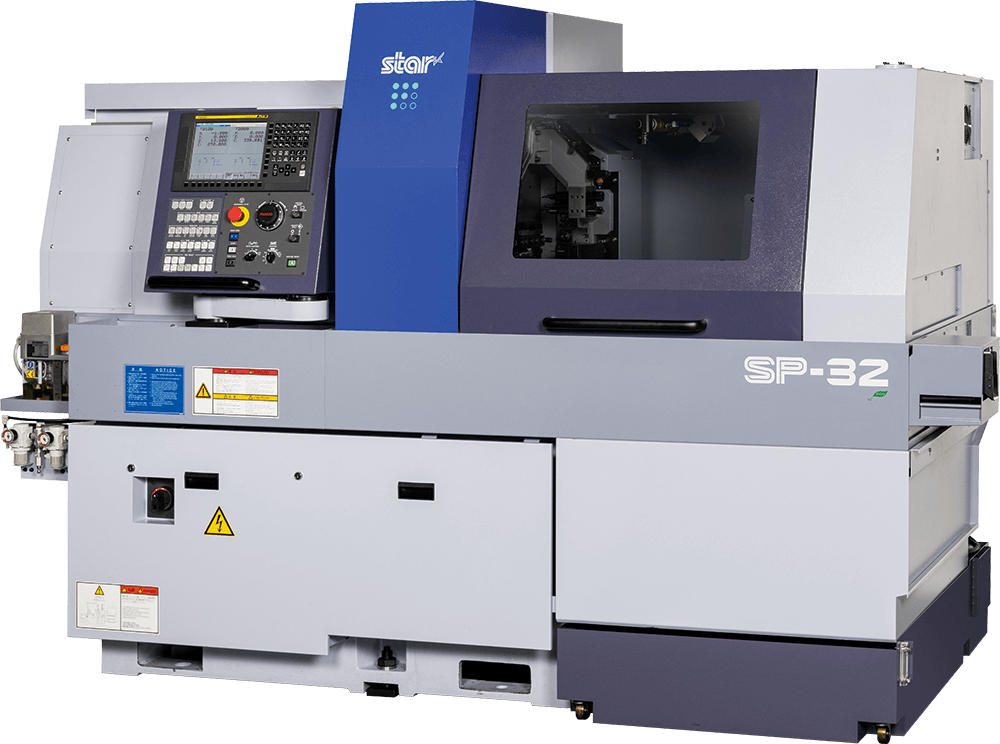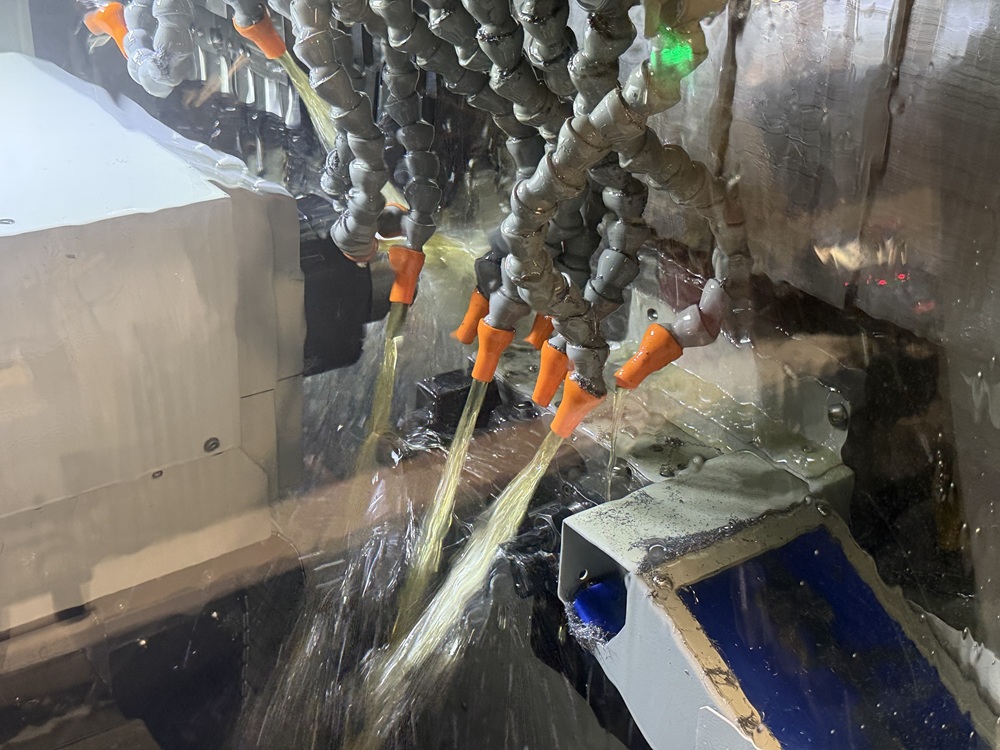Machined Component Systems (MCS) is a subcontract machining specialist with a reputation for delivering precision components to sectors including automotive, petrochemical, environmental, transport technologies, marine, healthcare and white goods. Founded by Warren Gray’s father, MCS has been under Warren’s leadership for the past decade. During that time, the company has transformed from a traditional engineering firm into a sophisticated manufacturing hub, a move made possible with investment in the latest manufacturing technologies, including three Hanwha sliding-head turning centres from Dugard.
By 2022, MCS faced a critical decision regarding its sliding-head capability.
“We’d had some very good sliding-head machines from another manufacturer over a number of years,” says Warren. “Those machines were beginning to age, so we went out to three or four sliding-head manufacturers with the same suite of parts. We asked them to tender and provide a complete turnkey proposal for those components, and Dugard won.”
The selection process was not simply about specifications or price comparisons; Warren insisted on a comprehensive evaluation that would reveal real-world capabilities.
“Dugard invited us down to Brighton. I took my lead setter and a senior sliding-head machine setter. The three of us spent the whole day reviewing Dugard as a company and looking at the Hanwha machines in action. On the back of the quotation provided, they won our business.”
The company now has three Hanwha machines, the XD20II-V NHY, XD26II-V NHY and XD38II-R NHY. These six-axis turning centres have a diameter capacity from 20 to 38 mm with an ability to turn parts up to 545 mm long.
Warren’s assessment of the partnership is overwhelmingly positive: “The Hanwha machines are very good machine tools and we’re extremely happy.”
More information www.dugard.com



















